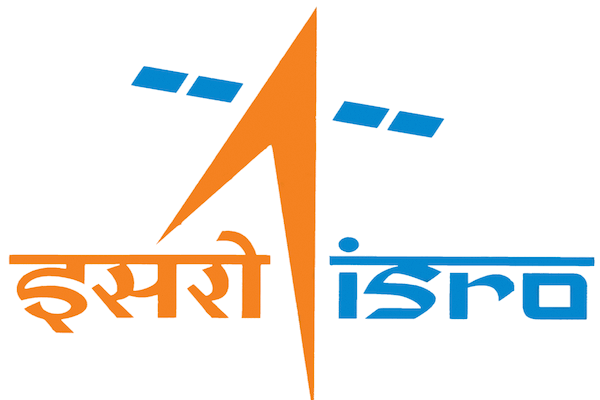Business
Antrix-Devas Case Defeat: Why The Govt Should Cut Its Losses And Settle
- Governments that want to be respected and trusted by investors cannot put themselves above the law, even when it works against them.
- This is why the NDA government may invite further criticism if it delays implementing another adverse verdict in the Antrix Corporation-Devas Multimedia deal, that was scrapped by the UPA in 2011.

Photo: Wikimedia Commons
This is why the UPA government’s retrospective
tax on Vodafone, after it won its case in the Supreme Court, drew much criticism;
this is why the NDA government may invite further criticism if it delays
implementing another adverse verdict in the Antrix Corporation-Devas Multimedia
deal, that was scrapped by the UPA in 2011.
India recently lost its case in the Permanent
Court of Arbitration (PCA) at The Hague, and Antrix Corporation, the commercial
arm of Isro, was asked to compensate Devas Multimedia for the arbitrary
cancellation of a lease of two S-band transponders, and commercial use of 70 mhz
of spectrum. Devas had signed a deal with Antrix as far back as 2005.
The cost to Antrix, and indirectly to the
government as the 100 percent owner of Antrix, is $672 million, reports Mint, and could go up to $750 million if
one adds the interest accrued from the date of the first arbitration award by
the International Chamber of Commerce’s Court of Arbitration. The original
damages were $562 million, which had compounded to $672 million by September
2015. Now the cost in rupee could be nearly Rs 4,500 crore. This is the true
cost of losing an ego battle.
The Mint
report quotes the PCA verdict as saying that by cancelling the contract, “India
(had) breached its treaty commitments to accord fair and equitable treatment to
Devas’s foreign investors.”
The original deal was struck between Devas, a company floated by former ISRO employees and venture capitalists, for leasing the transponders for Rs 1,400 crore—which was to be paid over a dozen years. The rate was considered a steal, especially since ISRO would incur costs in launching and maintaining the satellites. Based on this deal, Devas sold shares in the company to many investors, including Deutsche Telekom at a premium.
While it is possible that the deal was priced
low by ISRO in order to grow the market, the reason why it got cancelled was
because its details were outed just when the 2G spectrum scam was making waves.
The UPA government was under pressure, and did not want to be seen doing
another sweetheart deal with private parties.
The deal was cancelled on the grounds of essential
security interest, a claim not rejected by the recent arbitration verdict. However,
it is by no means certain that India’s claims will be upheld as courts in Britain
and France have already accepted that the PCA verdict is enforceable in their
jurisdictions. Worse, further damages could be ordered in favour of the
litigants.
The arguments in favour of settling are simple.
First, not respecting
international arbitration verdicts means the word of India cannot be trusted
any more in commercial deals. When India lauded another arbitration verdict
that went against China in the South China Sea dispute, it cannot reject an
adverse verdict in its own case.
Second, security interest is an
important argument, but this argument should have been raised before entering
into the deal, and not after. Claiming security interest for nixing the deal is
like an after-thought and, hence, not fully believable.
Third, the more India stands on
ego, the more its costs will rise. From $562 million, the cost has already
risen to $750 million without damages. How much more time and effort is India
going to blow up in the hope of obtaining a favourable, or less unfavourable
verdict?
There may be a case for excluding international
arbitration clauses in future deals, but this would mean that India can act
arbitrarily in the knowledge that cases in India take years to conclude. This
does no good to India’s reputation as a fair place to do business in.
In the Devas case, India should cut its losses
and learn important lessons from defeat.
Introducing ElectionsHQ + 50 Ground Reports Project
The 2024 elections might seem easy to guess, but there are some important questions that shouldn't be missed.
Do freebies still sway voters? Do people prioritise infrastructure when voting? How will Punjab vote?
The answers to these questions provide great insights into where we, as a country, are headed in the years to come.
Swarajya is starting a project with an aim to do 50 solid ground stories and a smart commentary service on WhatsApp, a one-of-a-kind. We'd love your support during this election season.
Click below to contribute.
Latest